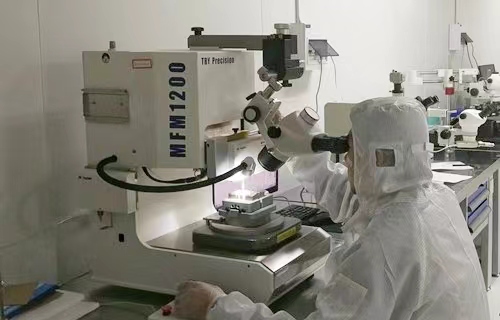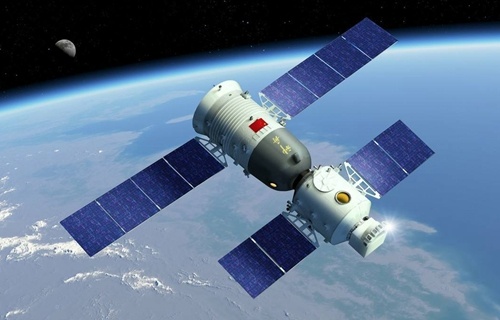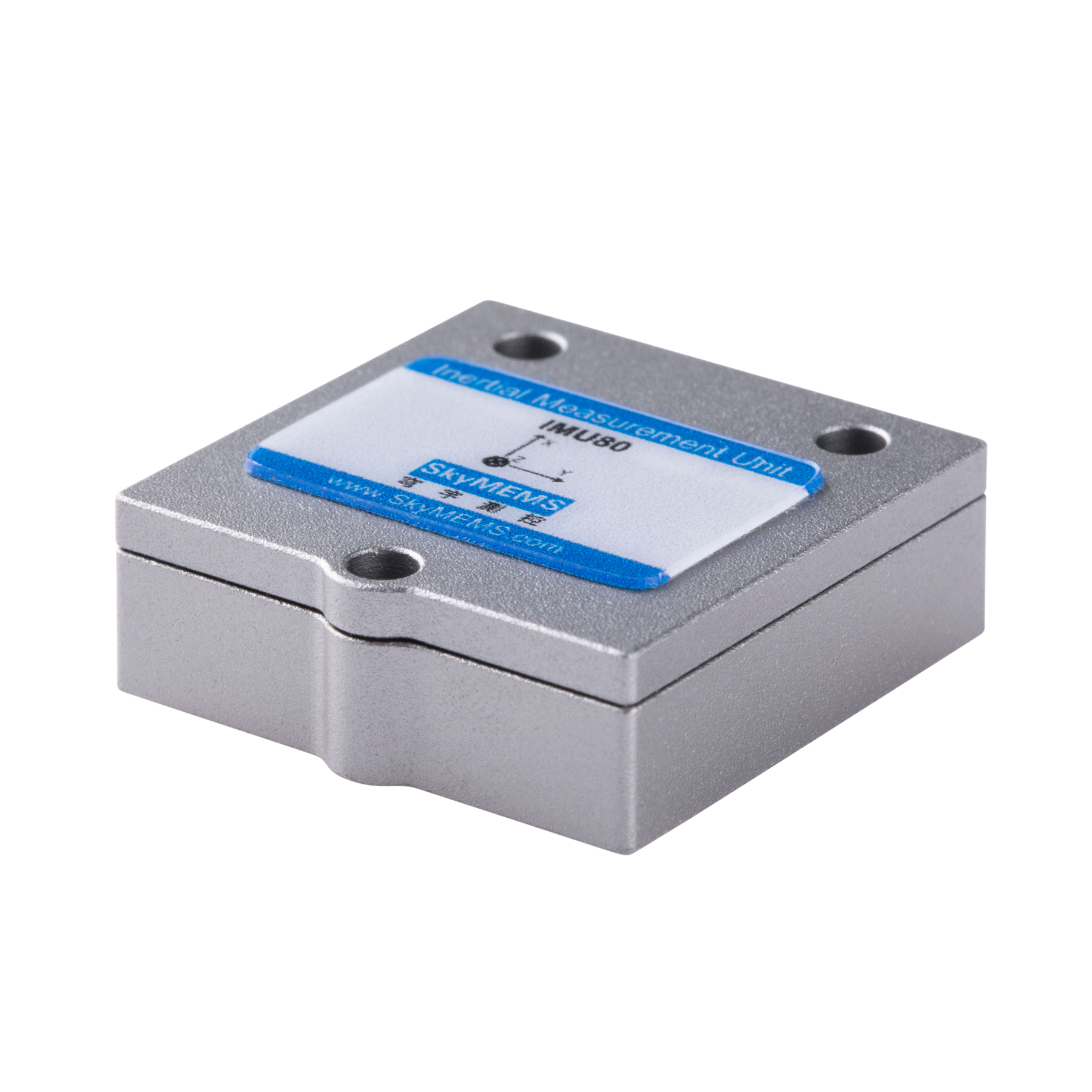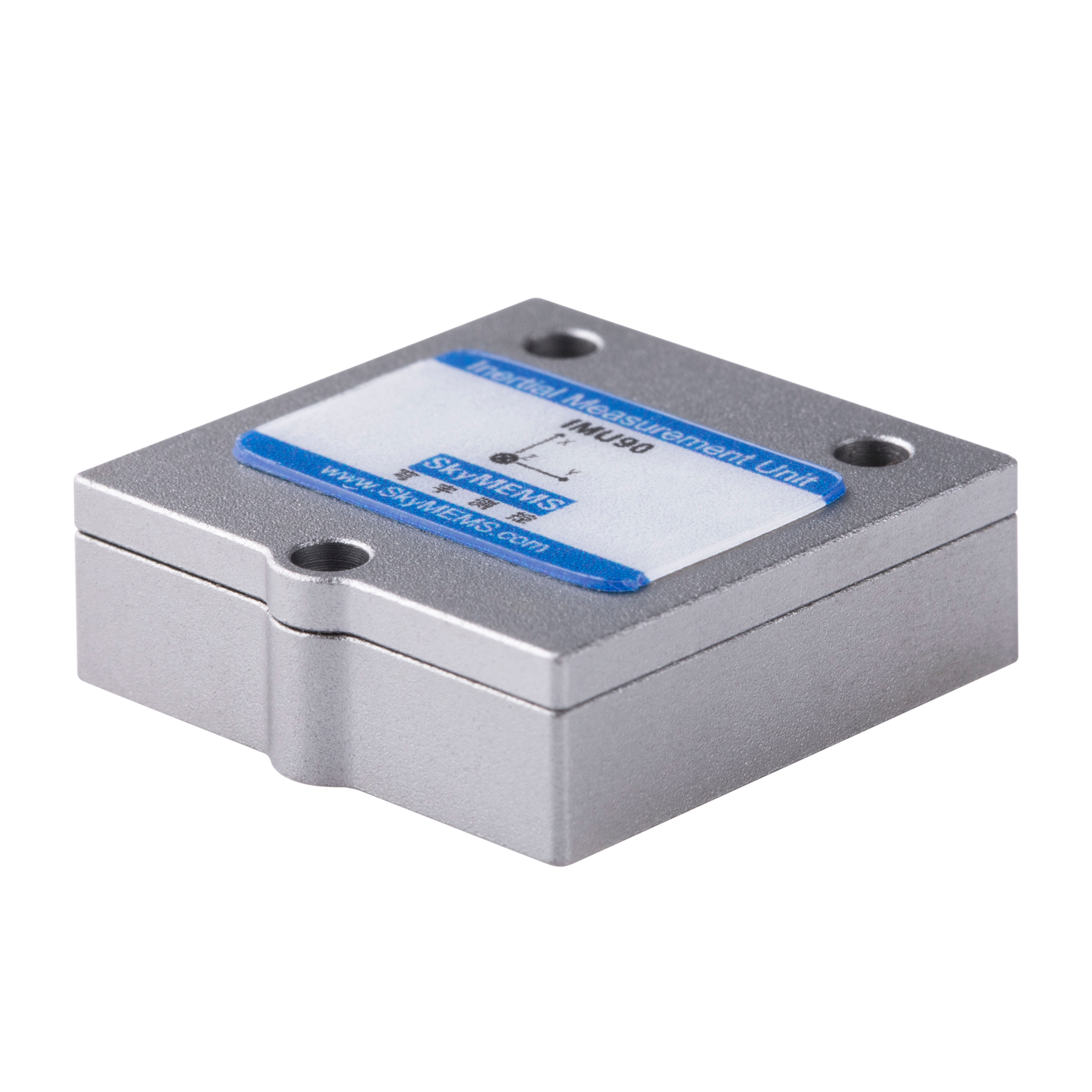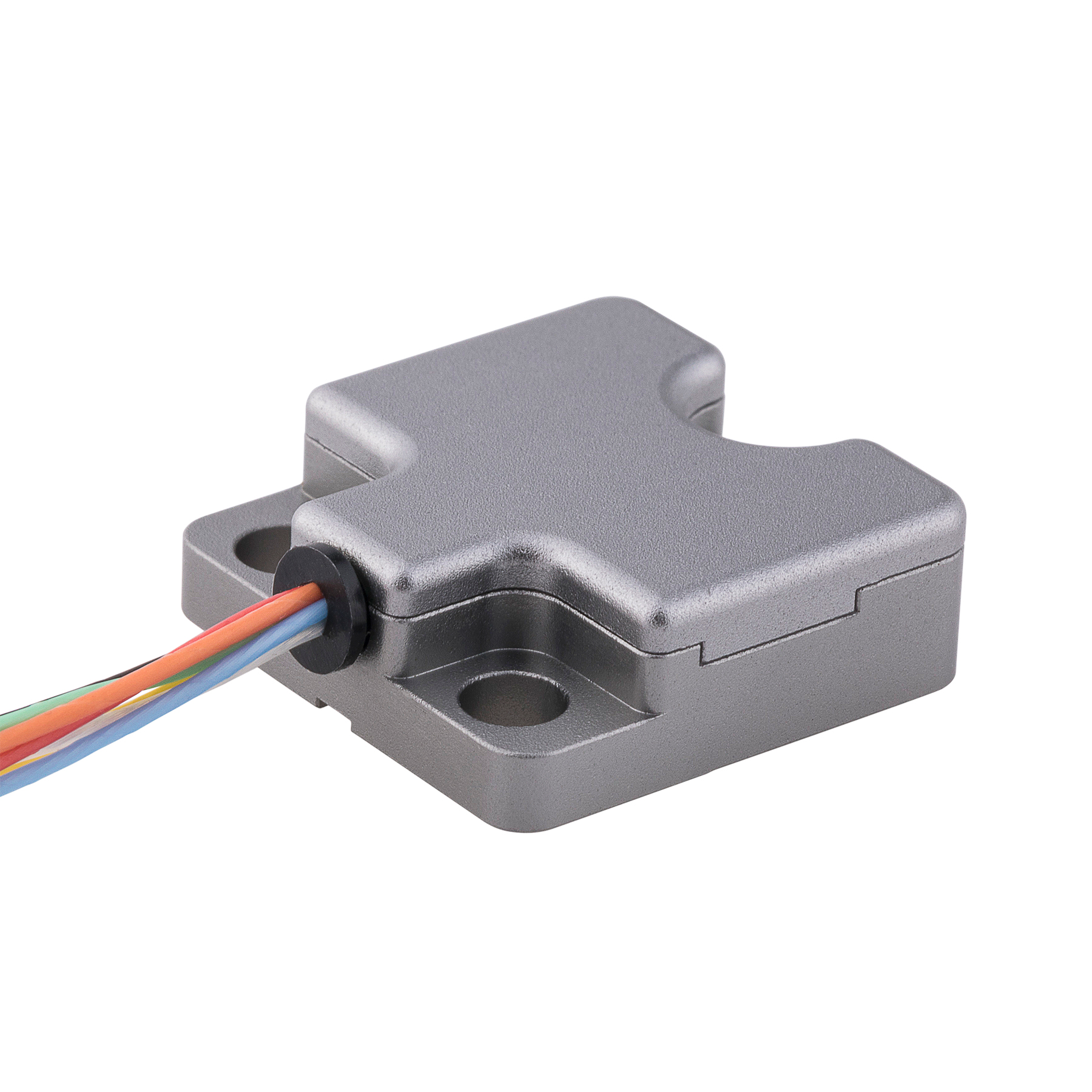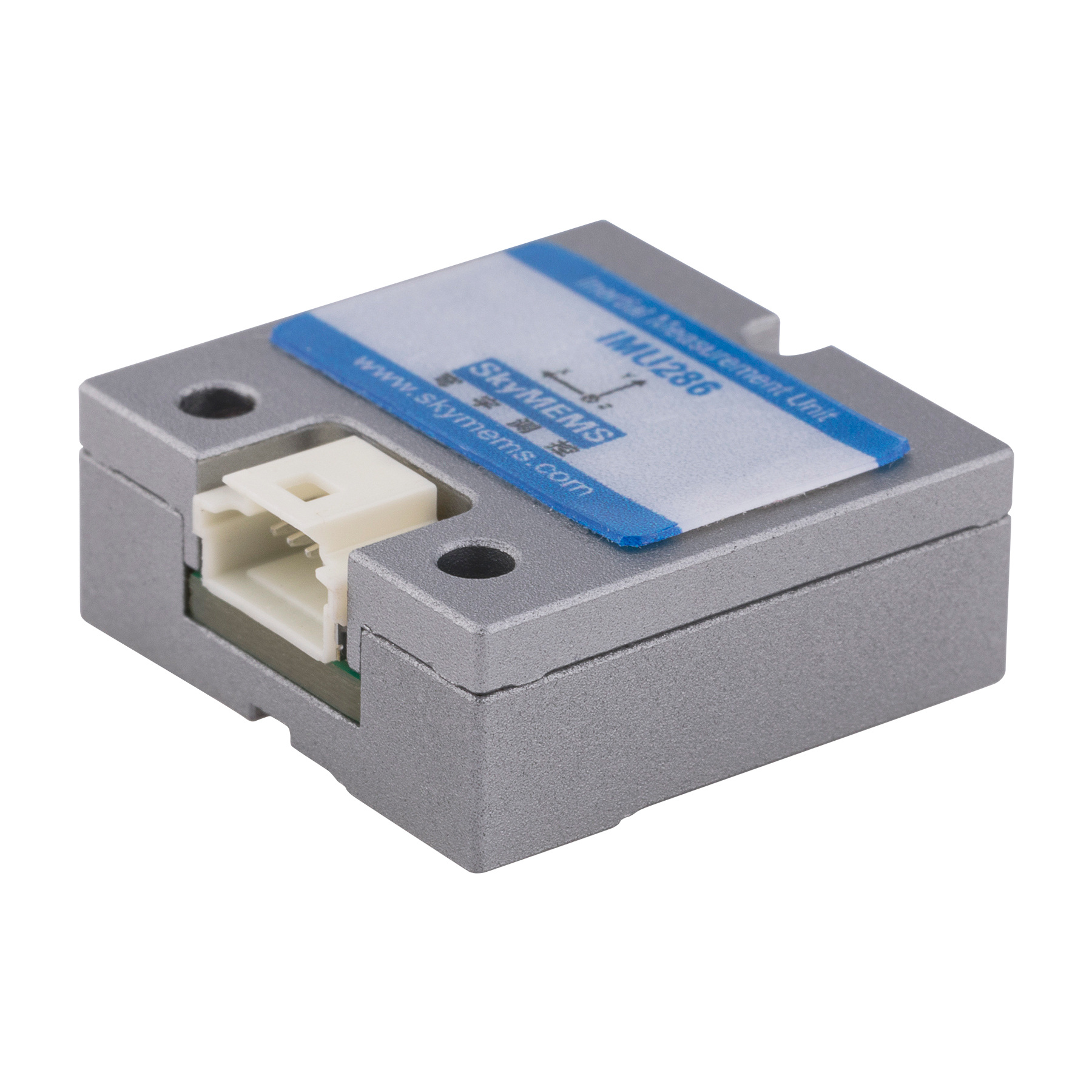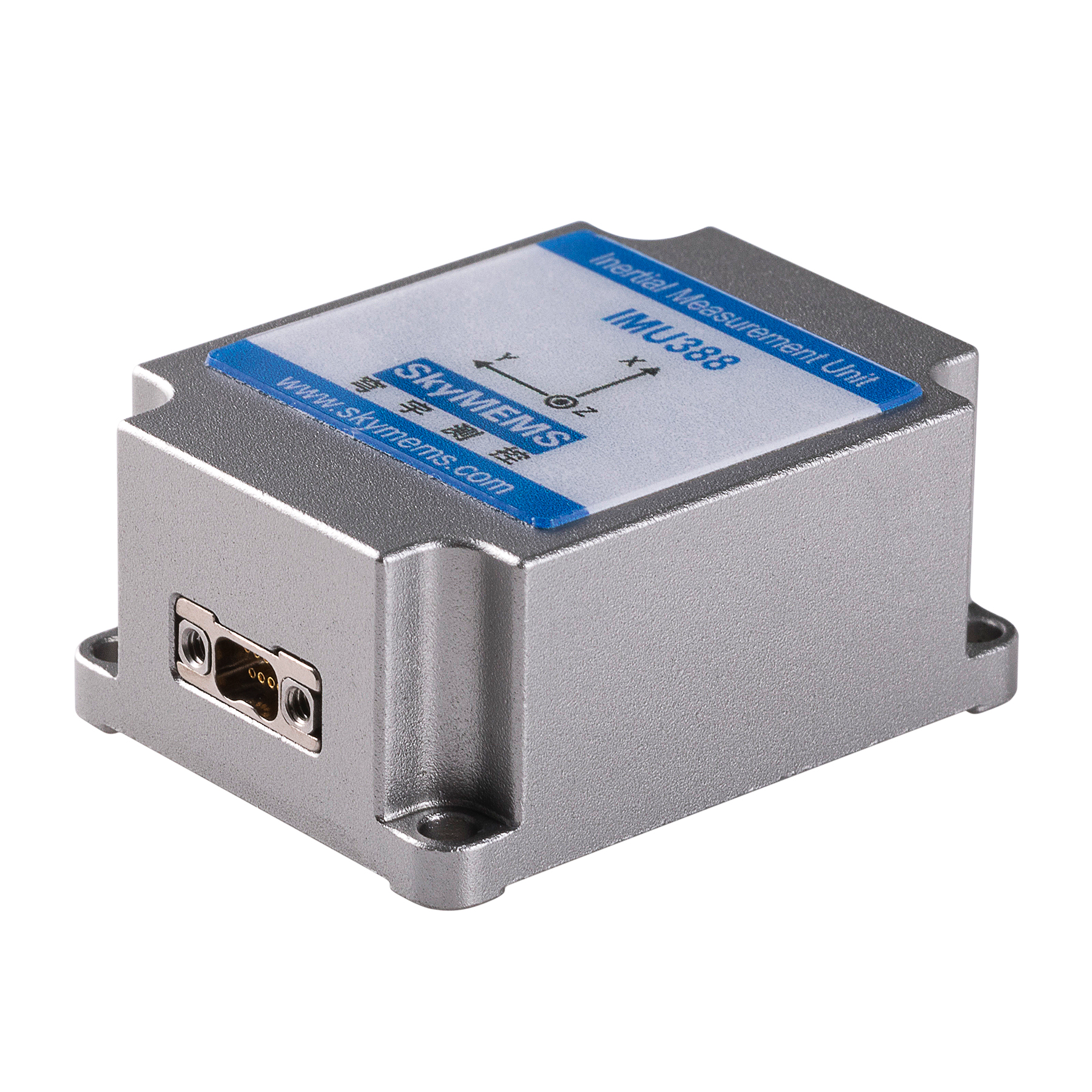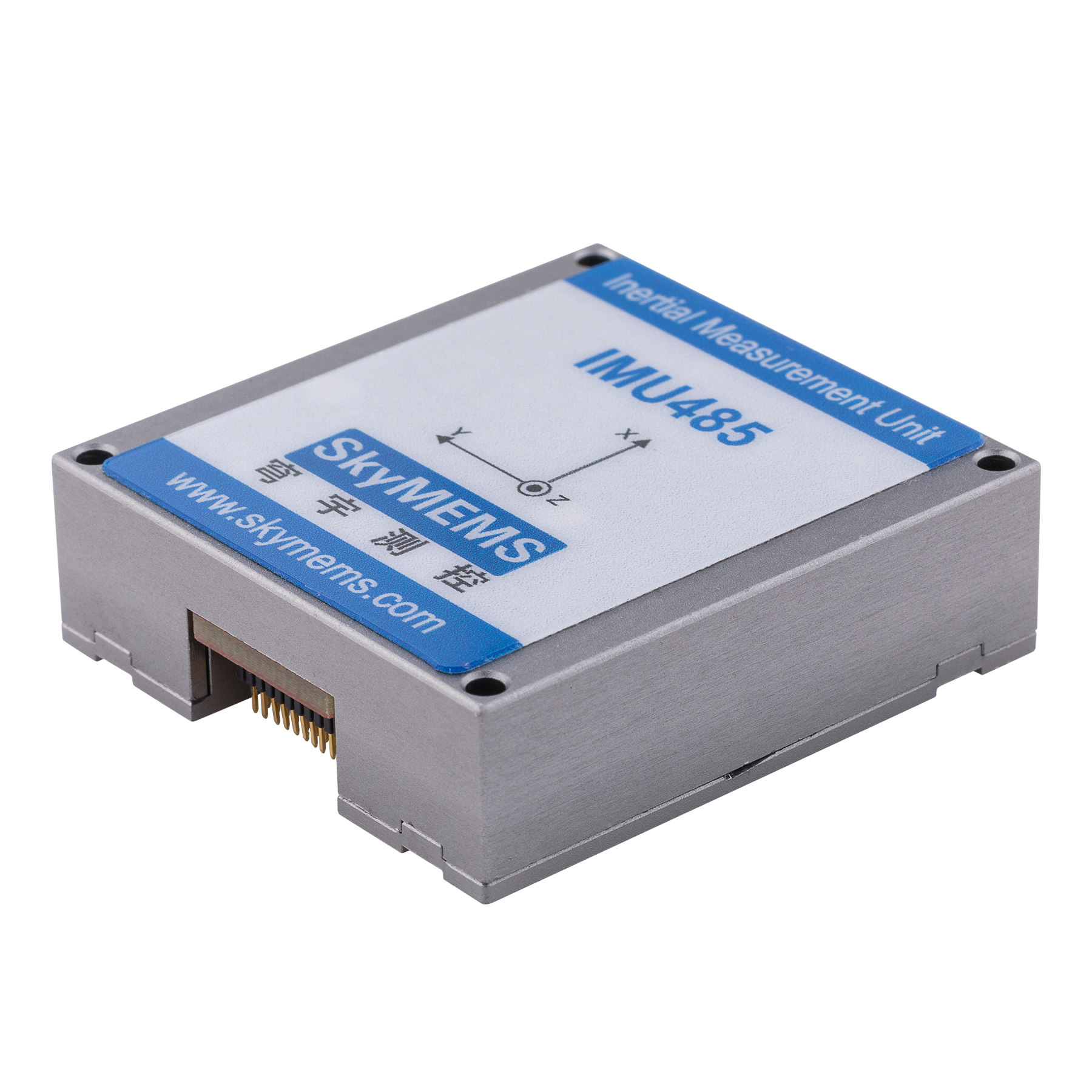Navigation is a critical component of military and aviation operations, and the ability to accurately determine one’s position and direction can mean the difference between success and failure. In the past, traditional mechanical compasses have been used for navigation, but with the advent of precision digital compasses, navigation has become more accurate and reliable. In this article, we will explore the use of precision digital compasses in the military and aviation industries and how they have improved navigation.
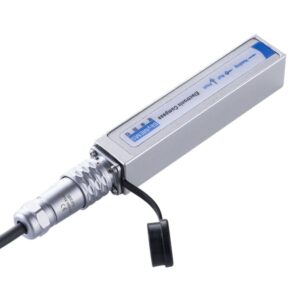
-
Introduction to precision digital compasses
A precision digital compass is a type of compass that uses digital technology to determine the direction of magnetic north. Unlike traditional mechanical compasses, which use a magnetized needle to indicate direction, digital compasses use sensors and algorithms to provide a more accurate reading. These compasses are also more durable and resistant to external factors such as temperature and vibrations.
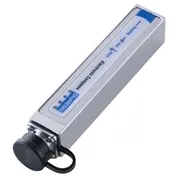
-
Advantages of precision digital compasses over traditional compasses
One of the main advantages of precision digital compasses is their increased accuracy. Traditional mechanical compasses can be affected by various external factors such as temperature, vibrations, and magnetic interference. Digital compasses, on the other hand, use advanced sensors and algorithms to correct for these factors, resulting in a more accurate reading.
Another advantage of precision digital compasses is their ability to provide real-time navigation data. The compass can be connected to other navigation systems such as GPS, which allows for a more comprehensive navigation solution. This is especially useful in military and aviation operations where real-time navigation data is essential for mission success.
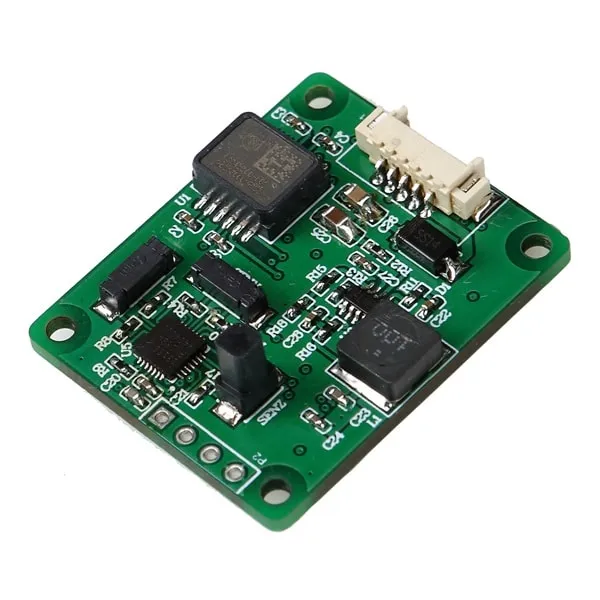
-
Military and aviation applications of precision digital compasses
Precision digital compasses are used in a variety of military and aviation applications, including:
- Military navigation: Digital compasses are used by soldiers and military vehicles to navigate in the field. They are more durable and resistant to harsh conditions than traditional mechanical compasses, making them suitable for use in combat environments.
- Aerial navigation: Digital compasses are used by aircraft to determine their heading and position. They are more accurate and reliable than traditional mechanical compasses, which is essential for safe and efficient flight.
- Unmanned aerial vehicles (UAVs): Digital compasses are used in the navigation systems of UAVs. They provide a more accurate and reliable way to navigate in the air, which is essential for UAVs to carry out their mission.
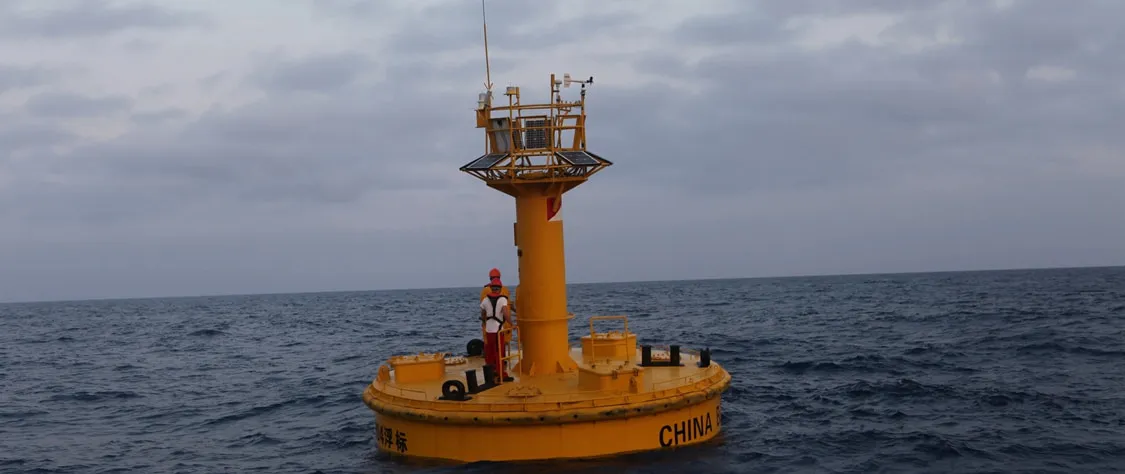
-
New Developments in Precision Digital Compasses
With the rapid development of technology, precision digital compasses are also expected to see further improvements. One area of development is in the integration of multiple sensors and technologies. For example, precision digital compasses can be combined with other sensors such as accelerometers and gyroscopes to provide more comprehensive navigation information. Additionally, the use of artificial intelligence and machine learning algorithms can enhance the performance and accuracy of digital compasses.
-
Conclusion
In conclusion, precision digital compasses have revolutionized navigation in the military and aviation industries. They provide a more accurate and reliable way to determine direction and position, which is essential for mission success. Their ability to provide real-time navigation data and connect to other navigation systems also makes them a powerful tool for military and aviation operations. As technology continues to improve, it is likely that precision digital compasses will become even more prevalent in these industries, with new developments and advancements in the technology.

